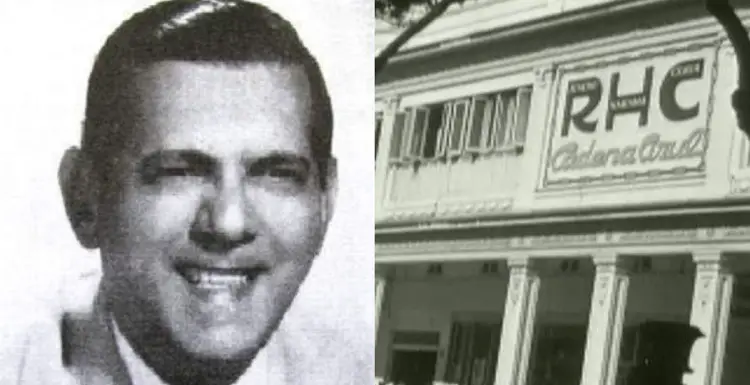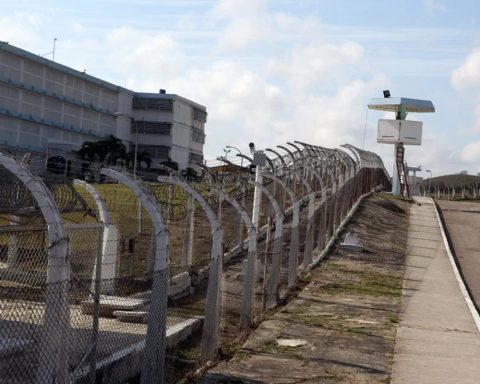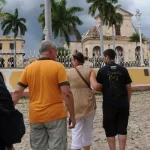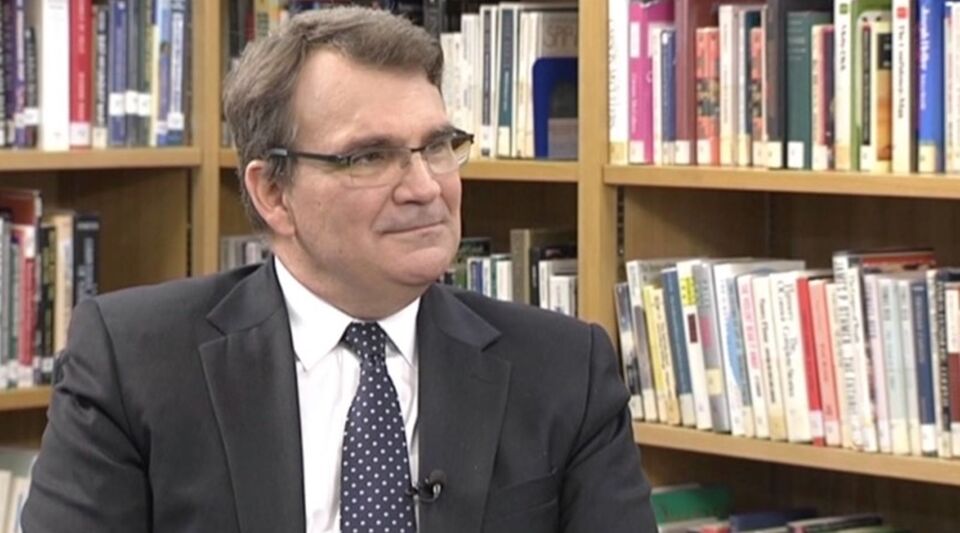HAVANA, Cuba.- This March 1st marks the 69th anniversary of the end of the Radio Habana Cuba (RHC) Cadena Azul station. It was owned by Amado Trinidad Velazco, “El guajiro de Ranchuelo”, who could never imagine that dabbling in radio without having experience would cost him his life. His rivals, the Goar brothers and Abel Mestre, owners of CMQ, would displace him and cause his ruin, forcing him to close his station in 1954.
Amado Trinidad had sold his share of the “Trinidad y Hnos” cigarette business to the family for two million pesos, formed with his father’s inheritance in 1921. With that money he acquired the CMHI radio station in Santa Clara, to which he would later add other eleven stations.
Already installed in Havana, he founded the RHC Cadena Azul plant, the first national radio-telephone network in the country. It began its transmissions on May 20, 1939 at its studios at Prado 54, on the corner of Capdevila, where the Packard Hotel stands today.
With Cadena Azul, the enthusiastic Trinidad set out to highlight Cubanness, protect national artists, and bring the best music to radio listeners. To achieve these purposes, he paid the best salaries of the time to the artists and staff who worked at the station, performed shows throughout the country, and created the magazine echoes, belonging to the radial chain.
Amado Trinidad exclusively hired 40 singers, 34 actors, 18 announcers, 20 radio writers, 10 orchestras and 10 composers. That broad list was made up of, among others, Iris Burguet, Manolo Álvarez Mera, René Cabel, Vicentico Valdés, Miguelito Valdés, Joseíto Fernández, Barbarito Ten, rita montanerJesús Alvariño, Rolando Ochoa, Leopoldo Fernández, Aníbal de Mar, Otto Sirgo and Rosendo Rosell, as well as several international stars who came to Cuba.
“El Guajiro de Ranchuelo” was considered a benefactor by many people, to whom he selflessly offered help.
I met a teacher, Israel Díaz Zayas, who stated several times in public that he was very grateful to Amado Trinidad for paying for his studies in Havana.
The businessman’s bankruptcy was due, among other reasons, to the waste of capital resulting from his generosity, both with the artists and with his friends.
The advent of television was a blow to Amado Trinidad, who planned to introduce color TV in Cuba. However, the mismanagement of his funds and having been fleeced by some of his collaborators, defeated his purpose.
Throughout the 1940s, Cadena Azul had managed to displace CMQ, which at that time was owned by Ángel Cambó and Miguel Gabriel, from first place in radio audience. This situation continued until the CMQ passed into the hands of Goar Mestre, who had studied at Yale University, in the United States; he was a successful businessman, knowledgeable about the radio environment and was closely linked to North American capital.
He owned, along with his brother Abel, the building focsa and twenty-three companies, including three radio stations, three television stations, a producer and importer of food, one of concentrated juices, one of kenaf, an automobile agency, one that sells electrical appliances, two cinemas, and two pharmacies. Its capital amounted to 15 million pesos.
In principle, Goar Mestre allied with Amado Trinidad to eliminate the original owners of CMQ, but that same formula was later applied to his partner Trinidad. Thus, the Yale graduate remained as the main owner of Cuban radio and later of television.
The one who Goar Mestre could not destroy was Gaspar Pumarejo, who, after the break with Mestre, created his own station, Unión Radio, and later joined the millionaire Barletta on TV channel 2.
After going bankrupt, Amado Trinidad retired to his San José farm in Guanajay, where he dedicated himself to growing flowers, although he maintained a public life, participating on several occasions as a guest on radio and television programs.
In 1954 he received the San Cristóbal de La Habana Order for being a leading figure in national radio broadcasting. On August 11 of the following year he was found hanged. Thousands of people attended his funeral.
His body was laid to rest at the Caballero funeral home, located at 23 and M. By irony of fate, in front of the funeral home was the majestic Radiocentro building, of the CMQ, whose owner, Goal Mestre, was the involuntary cause of the tragic end of Amado Trinidad .
















